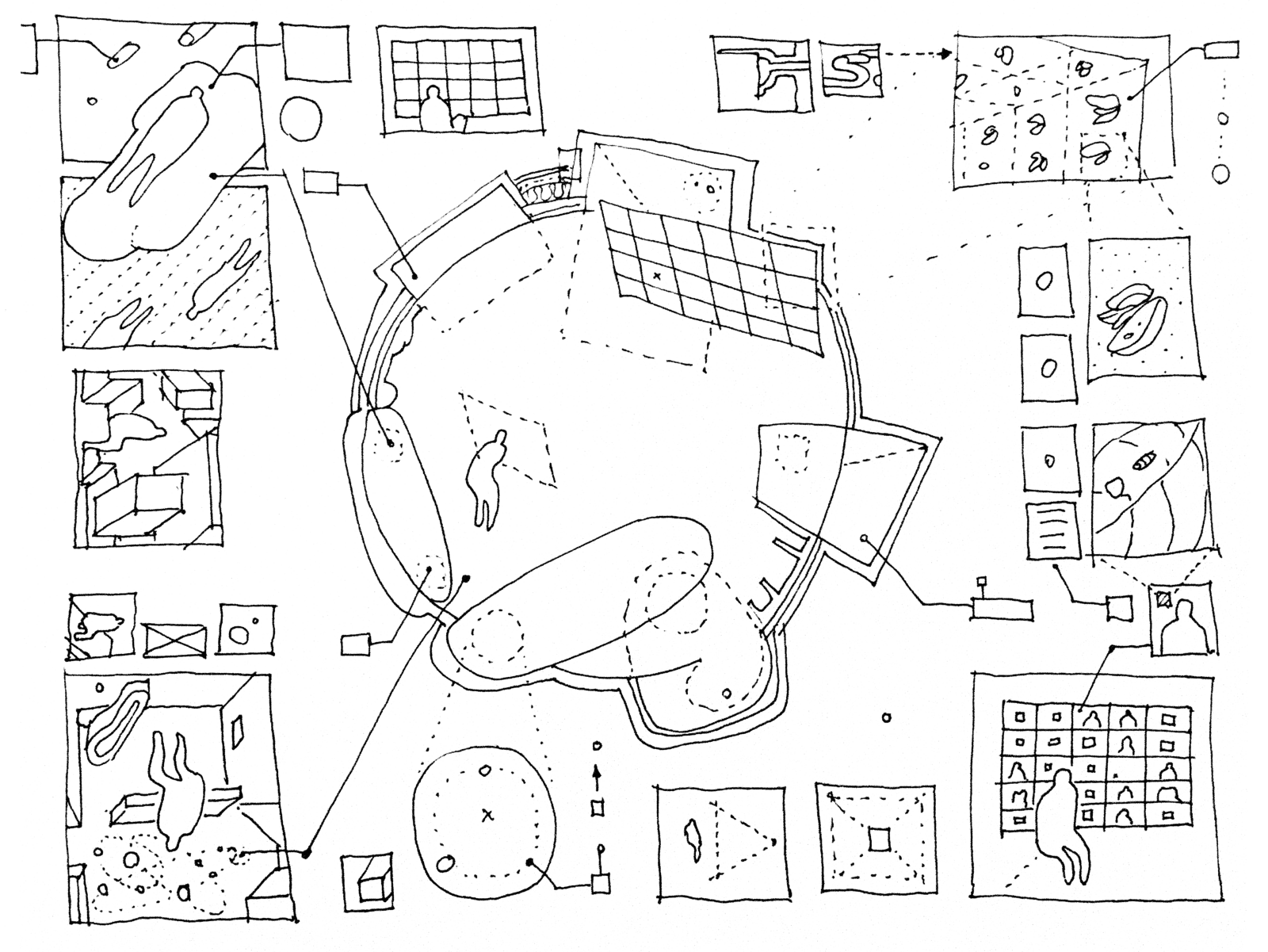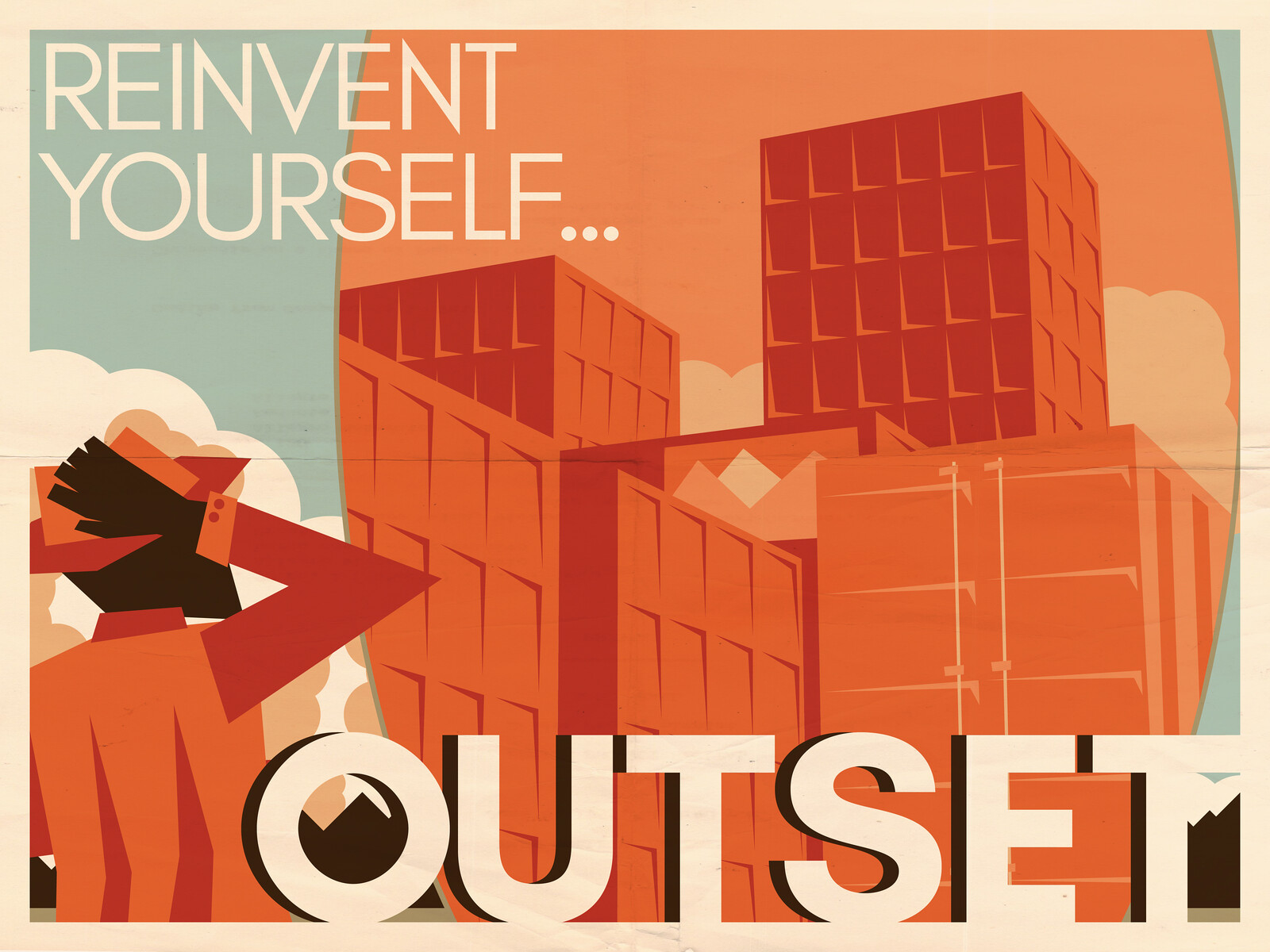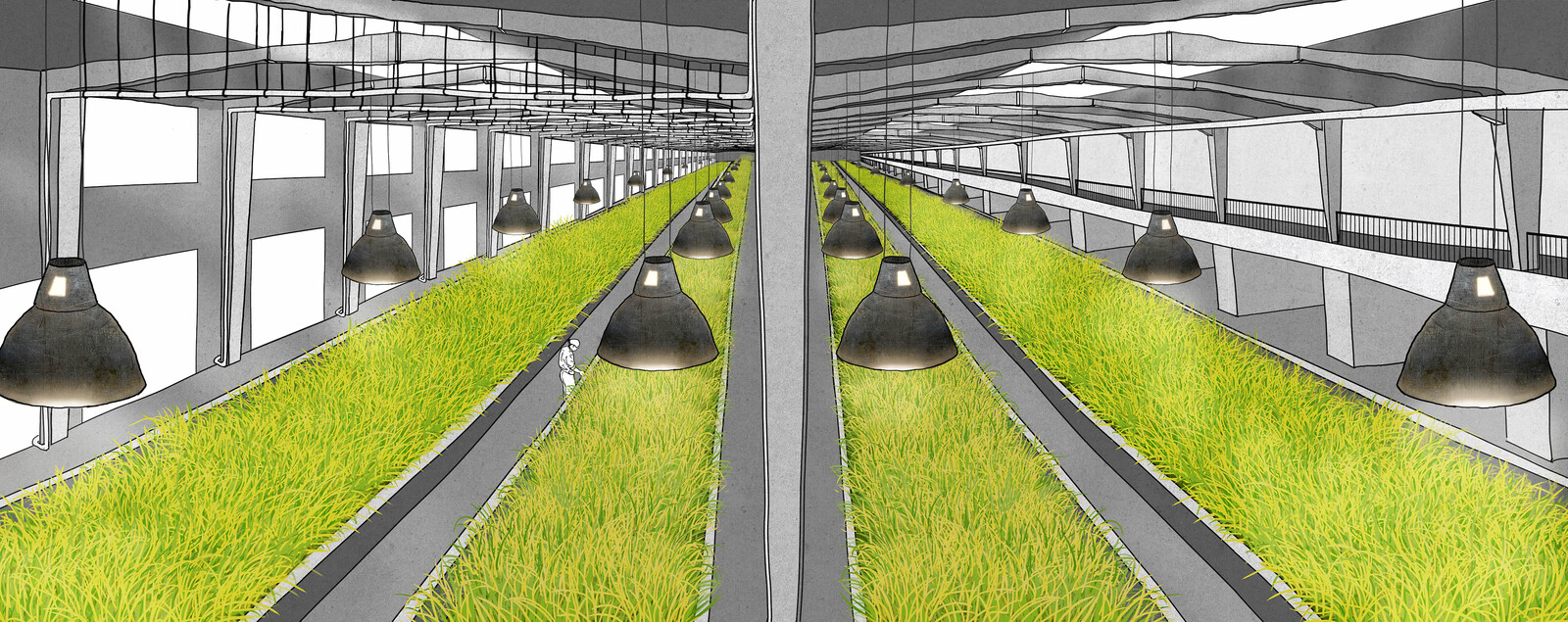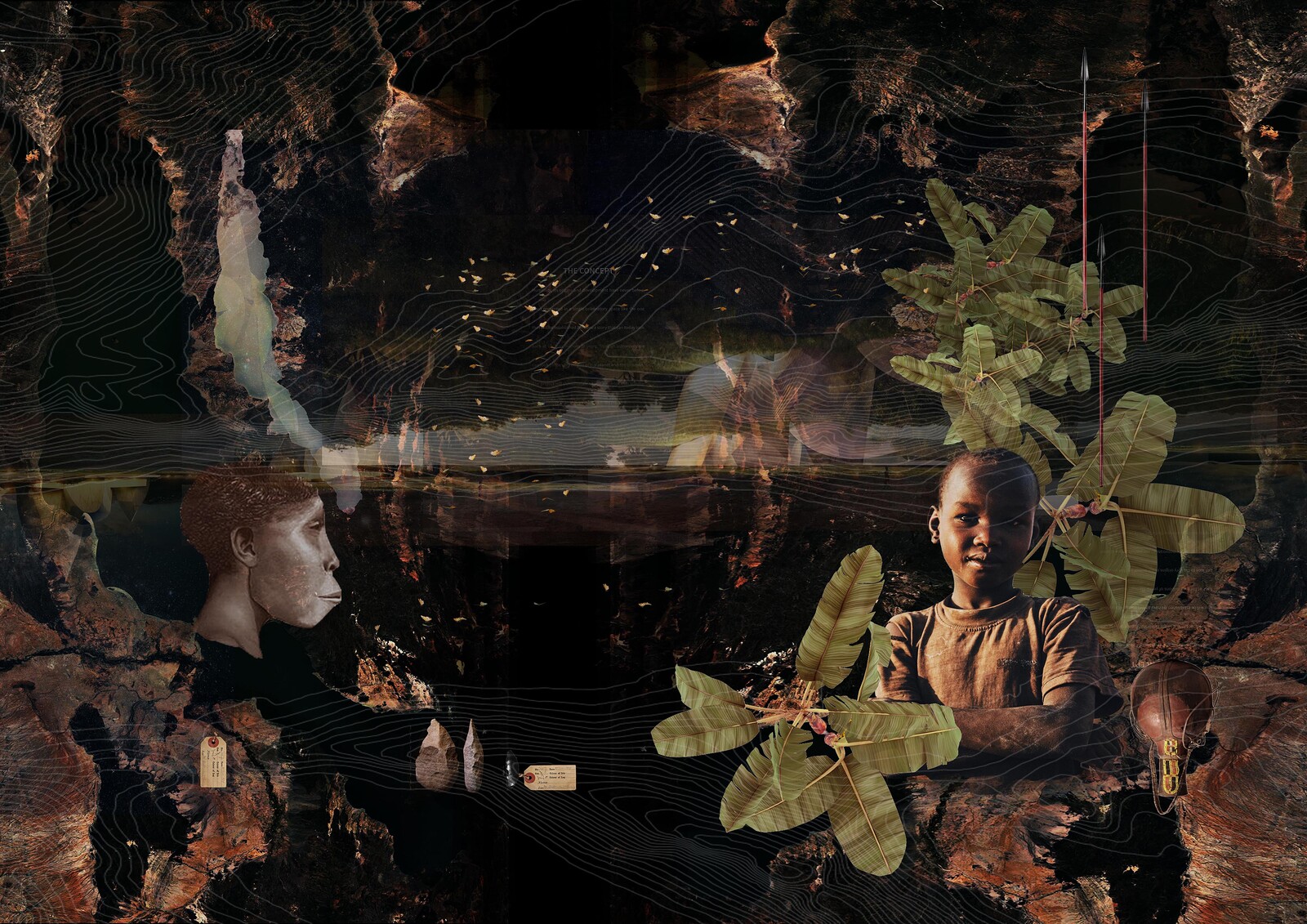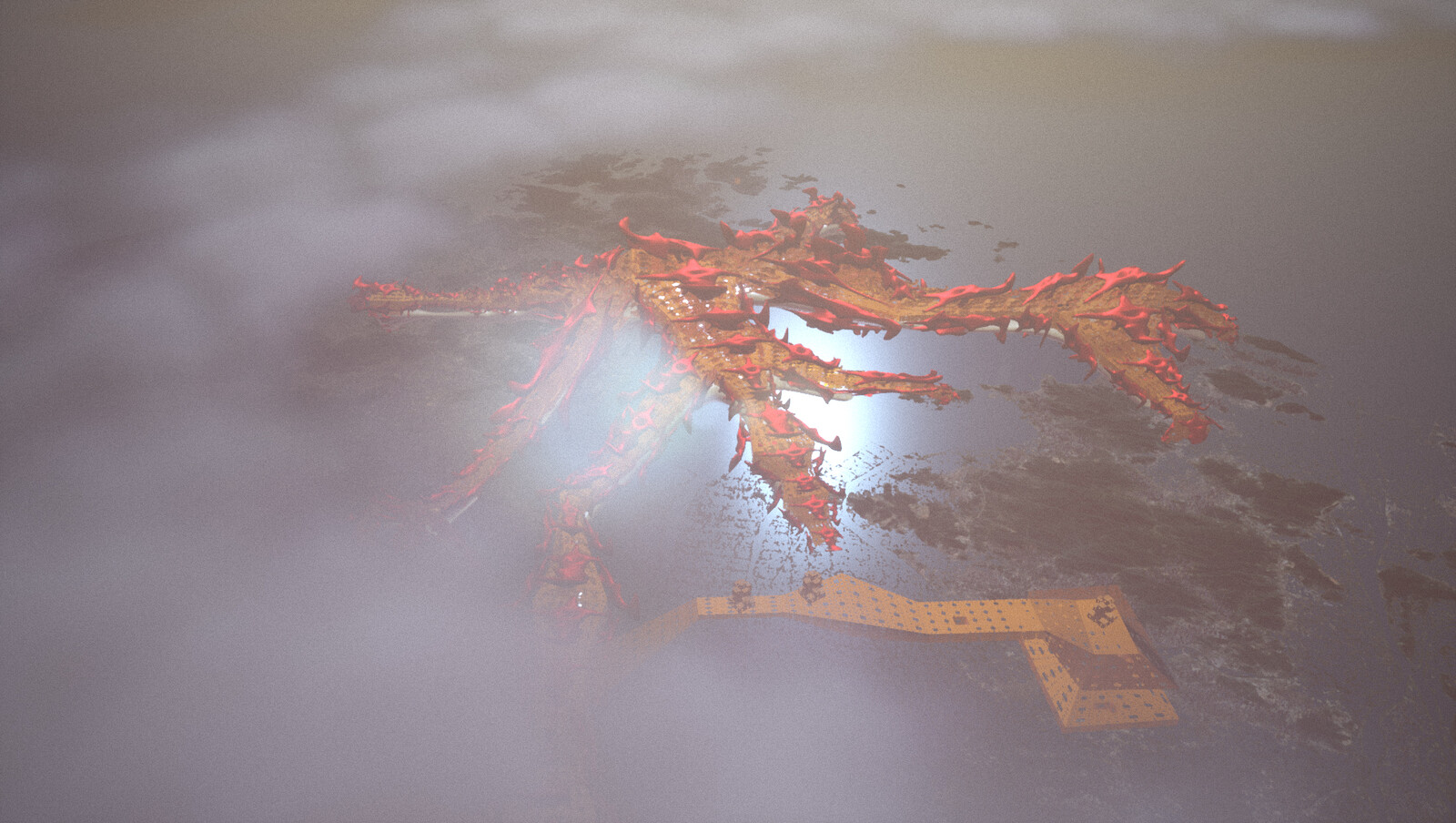Cascades is a collaboration between MAAT - Museum of Art, Architecture and Technology and e-flux Architecture within the context of the exhibition X is Not a Small Country, featuring fiction by Rahel Aima, Xenia Chiaramonte, Richard Cottrell, Kabage Karanja and Stella Mutegi, Case Miller, Ingo Niermann, Bahar Noorizadeh, and Feifei Zhou.
The Earth never stops moving. Neither do the people, the things, the lives, the materials, the ideas that live upon it. Roads, paths, channels, networks, lines—all these are built to facilitate, but also control such mobilities. For who or what can go where is always subject to the question of why, how, and at what cost. Borders, tariffs, sanctions, treaties, policies, agreements, conventions, and the like are the chess pieces of politics that contour, but can never fully determine the relations, the trajectories, the affinities of that which they purportedly govern or rule. Any semblance of stability or order is nothing but a matter of illusion.
Globalization is a concept that emerged at a particular moment in history to identify a particular set of geopolitical relations and economic ideologies crystalized into spatial form. While the processes it describes have arguably existed ever since the world was first thought, it is only since the development of late capitalism and the fall of the Soviet Union that globalism came to describe a hegemonic, and indeed, perhaps more importantly, global ideology. But if the Cold War defined the Earth’s magnetic field, what took its place in the global imaginary was merely a hallucinatory projection of north.
Less than twenty years after the purported triumph of capitalism, the Earth’s geomagnetic field was thrown back into disarray. The financial crisis of 2008 reorganized the world’s flows, and called for measuring yet again the declination of its historical compass—the distance between the north that is true and that which gravity attracts to. But the events that followed and define the global present have proven, in their volatility and unaccountability, that new ways of measuring, new ways of sensing, new ways of detecting, new ways of relating are increasingly necessary. For while the ground beneath our feet never stops moving, agency hinges on the ability to calibrate the speed of the self and the collective to that of its environment.
Trade wars. Structural inequality. Refugee crises. Climate breakdown. Emergent nationalisms. Rising fascisms. Unbridled racism. A global pandemic. What else? Transnational flows of people, ideas, and resources are being actively disrupted and reordered in ever more unpredictable ways, with little sign of stopping in the future. But as pathways once taken for granted are abruptly obstructed, others previously thought inconceivable appear to suddenly open up. What might feel to some to be an ongoing contraction of the globe and its veins of circulation might really be the growing pains of things, people, and ideas moving in different directions, and at different speeds.
In a time increasingly defined not by linear narratives or logics but rather transactional opportunism, black swan events, cascade effects, and unintended consequences, what has been brought into relief are the rifts and shifting alliances among governments, corporations, and citizens—and between value systems, economic agendas, and political expediencies. In the absence of grand historical narratives, fiction serves as a potent means to infuse the present with potentiality. By turning to other worlds, other times, other places, other realities, fiction prepares us for an encounter with perhaps the only thing we can know will come—the unknown.
Cascades is a collaboration between MAAT - Museum of Art, Architecture and Technology and e-flux Architecture.

